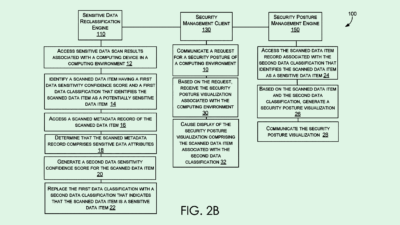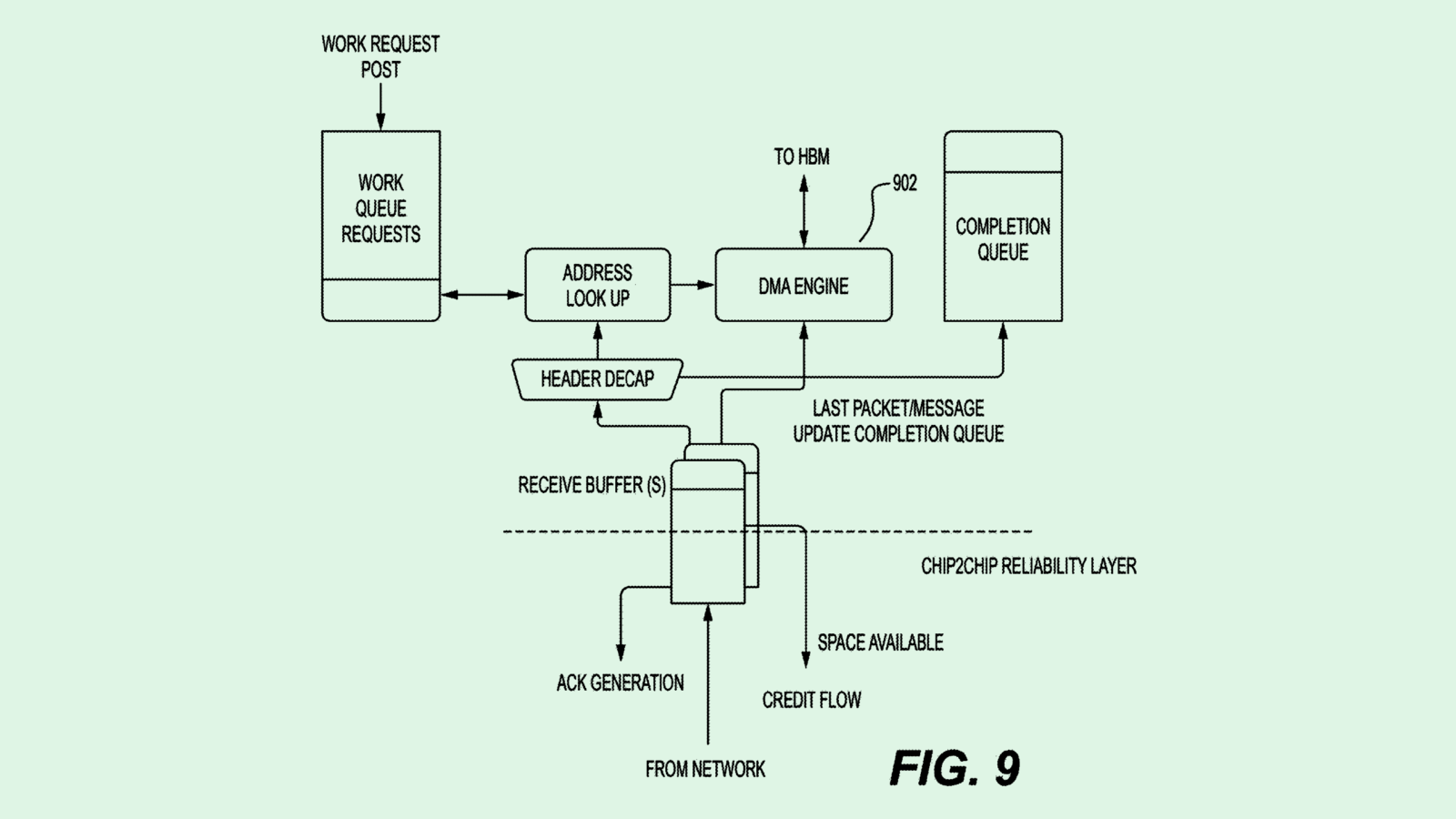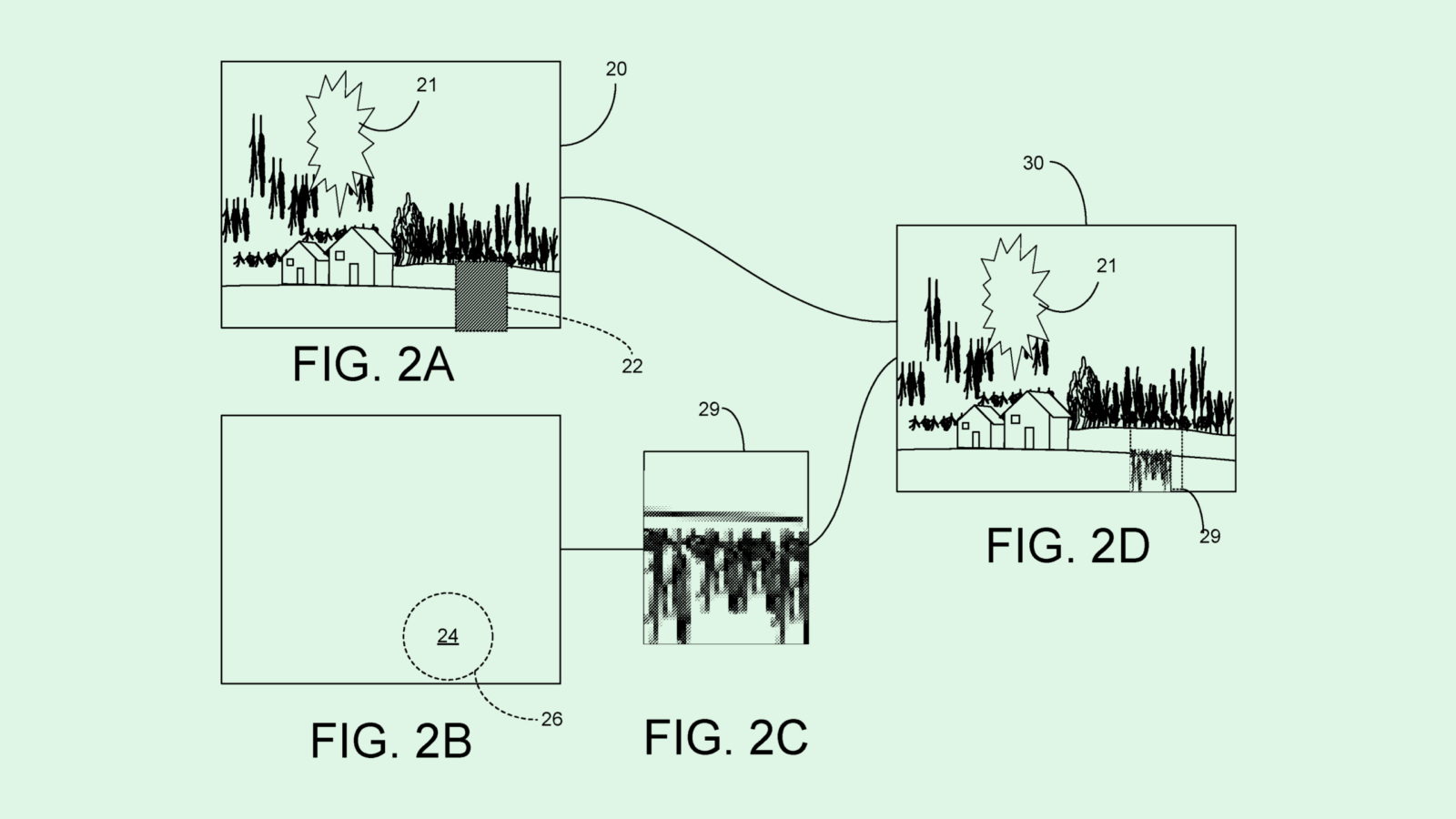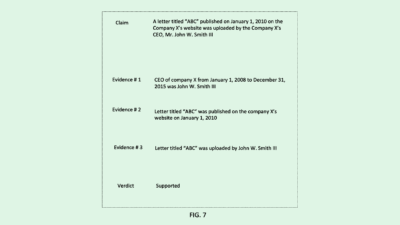Microsoft May Check Your Mental Health Using AI
Microsoft’s patent for a computerized wellness check walks a fine line between privacy and convenience.

Sign up to uncover the latest in emerging technology.
Microsoft wants to keep an eye on your burnout.
The company filed a patent application for computer-based “Well being assessment and mitigation.” Basically, Microsoft’s tech uses machine learning models to monitor user behaviors and distill them into a “well being score,” which is updated over time. The system attempts to mitigate drops in this score to “proactively improve a user’s well being.”
Microsoft’s system includes three AI-based mechanisms to understand a user’s mental state: an attribution machine, a well being assessment machine, and a mitigation machine. The attribution machine essentially collects relevant information and attributes it to a user’s account, such as tracking messages, emails, interactions or audio segments between different apps. This system may break this behavior into different metrics, such as a “user interaction metric,” a “user productivity metric,” a “camera usage metric” or an “empathy metric.”
The well being assessment would take all of this information into account to come up with an overall score for the user’s well being. This AI machine is programmed to progressively update a user’s well being score over time, “in order to observe and track changes in the user’s well being,” Microsoft noted. The company noted that this is more effective than doing “snapshot assessments” of a user’s mental state.
Finally, the mitigation machine kicks in once a user’s well being score drop’s below a certain threshold. For the end-user, Microsoft said this could appear as “actionable steps,” such as prompting users to reach out to friends and make plans (and yes, this system would track interpersonal connections and relationships).
From an AI standpoint, Microsoft has been loud about integrating AI throughout its core businesses, including its search engine Bing, its workplace tools with the launch of 365 CoPilot, and potentially its built-in Windows apps.
Plus, the company has filed tons of applications for workplace and productivity-related tech, such as tools that monitor if you’re working off the clock and correct your tone in the messages and emails to coworkers.
While it doesn’t explicitly say that the tech in this patent is a workplace tool, one of the company’s niches has long been productivity. Microsoft’s tool is seemingly attempting to tackle the impacts of isolation related to remote work: The company noted in the filing that the normalization and popularity of remote work “causes some people to feel isolated and disconnected from other people, which affects those people’s well being.”
However, similar to the other workplace patents from Microsoft that involve a lot of personal monitoring, this may be seen as too close for comfort by users. This tech involves letting Microsoft’s system into practically everything you do on your computer, from messaging to screen time to facial expression in video calls. And because everyone emotes, communicates and works differently, it might flag some users for wellness checks that may not need them.
But to Microsoft’s credit, the patent did include a section about privacy, stating that this tech would include an opt-in option, information would only be collected with “affirmative consent,” and it could be stored, encrypted or deleted however the user sees fit (as well as sent to other parties for “further processing” if they desired).











